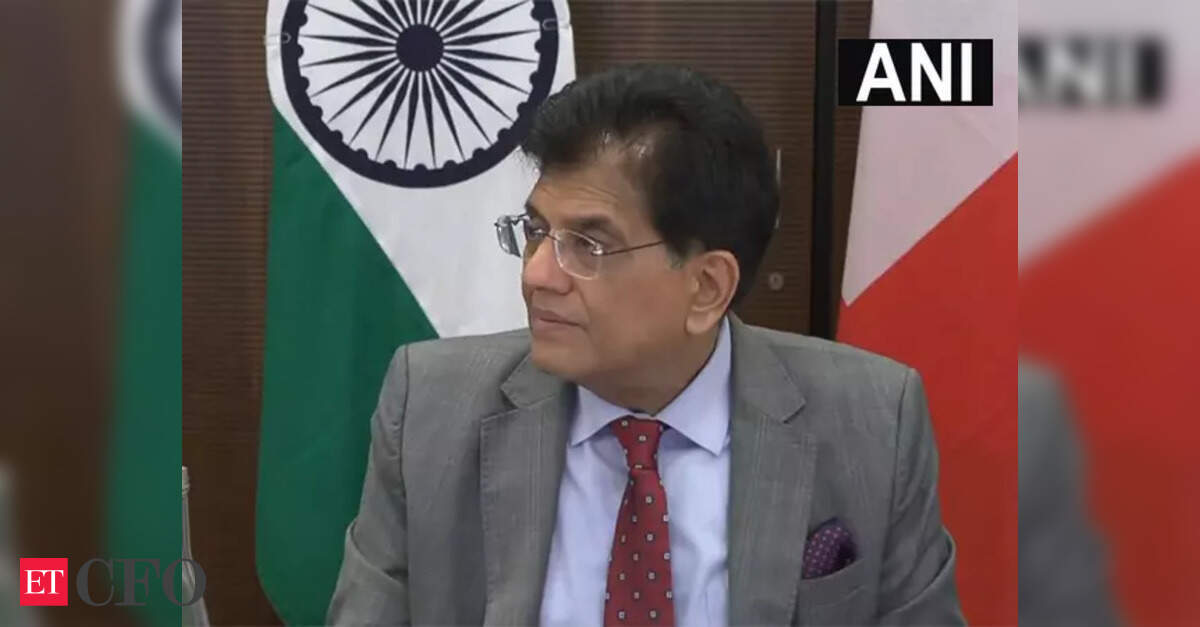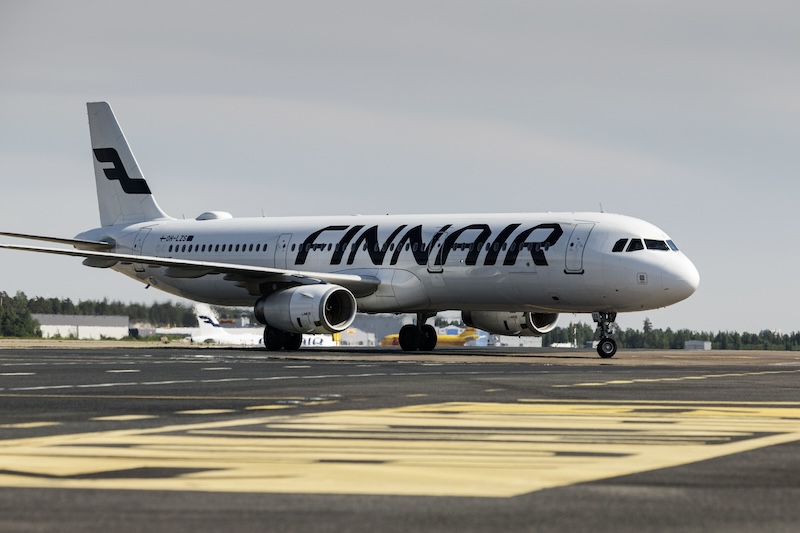Goyal Highlights India's Openness to Quality Control Collaborations with Trusted Partners

India is actively seeking to establish mutually beneficial arrangements with its trusted trading partners regarding the implementation of quality standards, Commerce and Industry Minister Piyush Goyal announced. The initiative is part of India's broader strategy to enhance the manufacturing of quality goods within the country through Quality Control Orders (QCOs), ensuring a level playing field for both domestic and international suppliers.
Goyal emphasized that India's approach to quality standards is nondiscriminatory, with the same rules, standards, and processes applied to both domestic and imported goods. This policy underscores India's commitment to fair trade practices and equal treatment for companies from all countries. The minister also hinted at the possibility of innovative solutions to simplify approval processes for trusted partners producing high-quality products.
The dialogue between India and several nations is ongoing, with discussions focusing on mutual benefits and recognition of each other's certification processes. Goyal's remarks highlight India's willingness to adapt and collaborate, provided there is mutual respect for each other's regulations. This approach has been met with interest from major trading partners, including the US and the EU, which have expressed concerns over the complexity of certification processes under QCOs.
QCOs play a critical role in safeguarding consumers from substandard goods while ensuring access to high-quality products. The expansion of products under QCO coverage reflects India's dedication to quality and consumer protection. As India continues to engage with its global partners, the focus remains on fostering partnerships that benefit all parties involved, without compromising on quality standards or regulatory respect.


